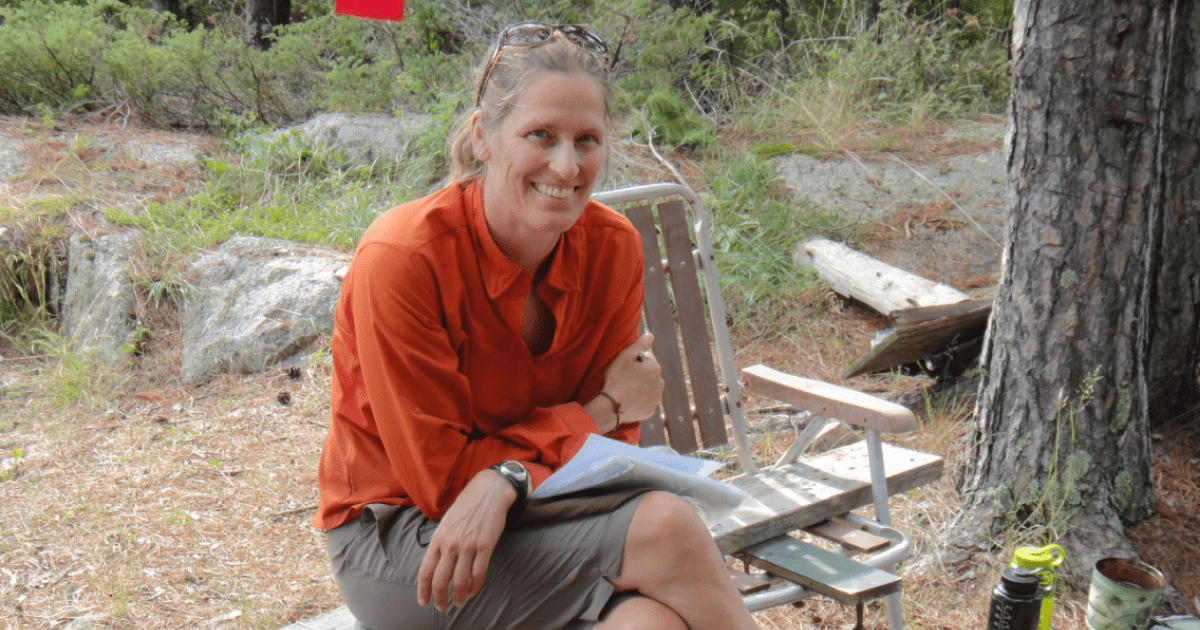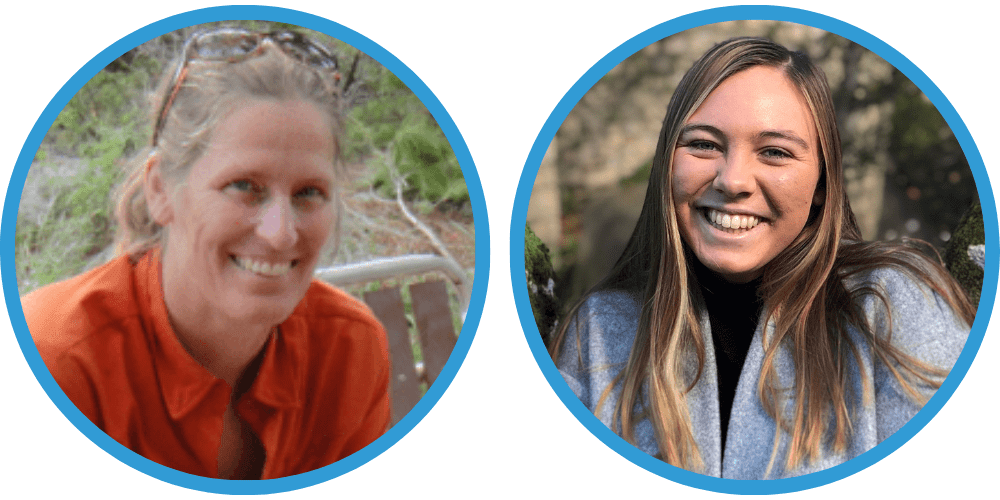Women of CalTrout: Ada Fowler
The Women of CalTrout
In this new series, our Communications Associate, Kara Glenwright, sits down for conversations with the women on our Conservation and Policy/Legal teams. Follow along as these women share their own stories and experiences as women in conservation and science at CalTrout.
Ada Fowler, Mount Shasta-Klamath Senior Project Manager, and Kara Glenwright, Communications Associate
KG: What is your position at CalTrout and what communities in California do you work most closely with?
AF: I'm a senior project manager in the Mount Shasta-Klamath region. I concentrate mostly on the Shasta river, and lately, I’ve been working mainly in the upper Shasta with the Safe Harbor Agreement. I also work with some landowners on the Little Shasta, and I have previously worked on the Scott River. My expertise is in water transactions. Anything that gets water into a stream is a water transaction whether that is leasing water from ranchers to put in stream or efficiency projects or something else.
KG: How did you come into this position at CalTrout?
AF: It was fortuitous because I worked for the Nature Conservancy prior to coming to CalTrout. While I was there, the Nature Conservancy (TNC) did work in the Shasta Valley that was similar to CalTrout’s work there. Most of my projects at TNC involved working with CalTrout, and since I already had this expertise the role at CalTrout was a good fit.
KG: What inspired you to pursue a career in conservation?
AF: I've worked in conservation my whole life. I grew up on the East Coast. At the time when I was growing up, Jim Fowler, on the Wild Kingdom, was a pretty influential person. Jim was a zoologist who hosted this wildlife documentary TV series — and he is also my uncle! I have four sisters and two brothers, and one of my oldest sisters was really influenced by Jim which led to me being influenced by him.
Growing up, I also had many opportunities to volunteer. At that time, you could volunteer somewhere, and they would pay your way. I volunteered all over the world. Often, I found that I was working with people who knew less about the topic than I did, but I only had an undergraduate degree, so I decided to go back to school. I received my masters, worked for a few more years in Alaska, and then I received my PhD from the University of California Davis. My PhD focused on breeding geese on the Yukon Kuskokwim delta in Alaska. I would be out in the field site there for three months a year, living in a tent, and it was so much fun. After my PhD, I moved up north to serve as a Preserve Associate at the McCloud River Preserve before eventually landing at CalTrout. My path encompassed a lot of luck and persistence.
KG: What is your favorite part of your job? Could you share with me some of the most rewarding moments of your work?
AF: It’s always nice to see a project come to completion. We just learned that 1707, which is something I'm working on right now, is complete. That is a dedication of 1.5 CFS of water instream, and it feels really good to get that in.
It's always nice to stand on the banks of the Shasta and see the fish, see the salmon. Those fish are one of the reasons we are doing all of this work. I've been lucky because I lived on the Shasta for a while, and I was able to frequently walk up and down the river. Just last year, I was able to go up there again and see the salmon as they were spawning. It's just fascinating to see. Without us, those fish would likely have a much harder time — and knowing that is rewarding.
KG: What does it mean to you to be a woman in this field?
AF: I just want to inspire young people. There are so many young people that don't know anything about the outdoors — fishing, hunting, and even hiking. I don't have kids myself, so I made it my goal to inspire my nieces and nephews. I drag my sisters and their kids, as they’re growing up, out in the field camping. Just getting people out in the field and appreciating nature is so important because if people don't appreciate it, they're not going to feel motivated to save it.
KG: What message would you share with younger women who hope to pursue a career in conservation someday?
AF: Be persistent. This is a tough field to be in. If there is an opportunity that you really want, you must be persistent because it's not going to be handed to you — even if you're great and you think you deserve it. Some women might think they are not going to get a job because of their gender. Don't let that stop you. You should feel good about the diversity that you bring into a job. Highlight that.

KG: Could you share with me any historical or contemporary women figures in conservation (or outside of conservation!) that you feel particularly inspired by?
AF: Ruth Bader Ginsburg was just awesome. She was a fighter for women's rights in the struggle for equality. In my career, I've also had some great mentors. My former boss at TNC, Amy Campbell, taught me so much about water transactions.
My mom and my sisters are also so inspiring to me. My mom raised seven kids with no father, and my sister was the one who first took me out into the field. She was a tour guide in the Galapagos, and when I was in college, I was able to serve as her field assistant on one of the Islands.
KG: Do you have a favorite river?
AF: The two rivers I work in mostly: the Shasta River and the McCloud River. The Shasta River has been impacted a lot, but it has so much potential and that's what makes me have hope for it. I worked on the McCloud River for a very long time, and that is one of my favorites. It would be nicer if it had salmon in it, but it's a pretty cool place and a relatively pristine river. It’s a special place to me.
KG: Is there anything else you would like to share with me today about your work with CalTrout?
AF: I really like my team. We have a good team, and the whole organization is so fun. It’s different than other places I've worked because when you go on the retreats and other events with CalTrout you actually have fun because you like the people. It's a really good group of people, and it’s always great to hear about everything that everyone is doing and how productive we all are.
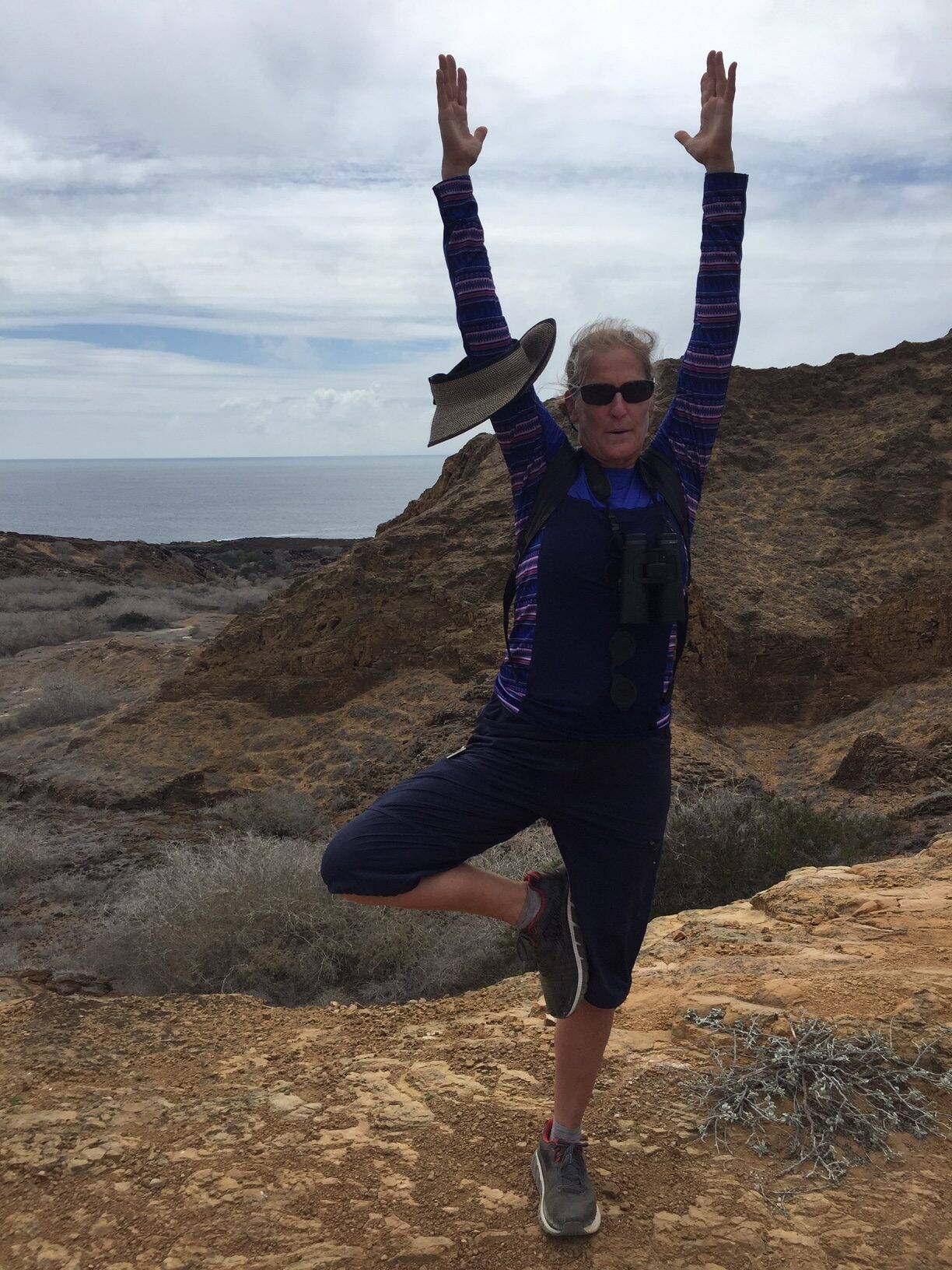
Stay tuned for our next profile from the Women in CalTrout, coming very soon!
Meet the Women of CalTrout
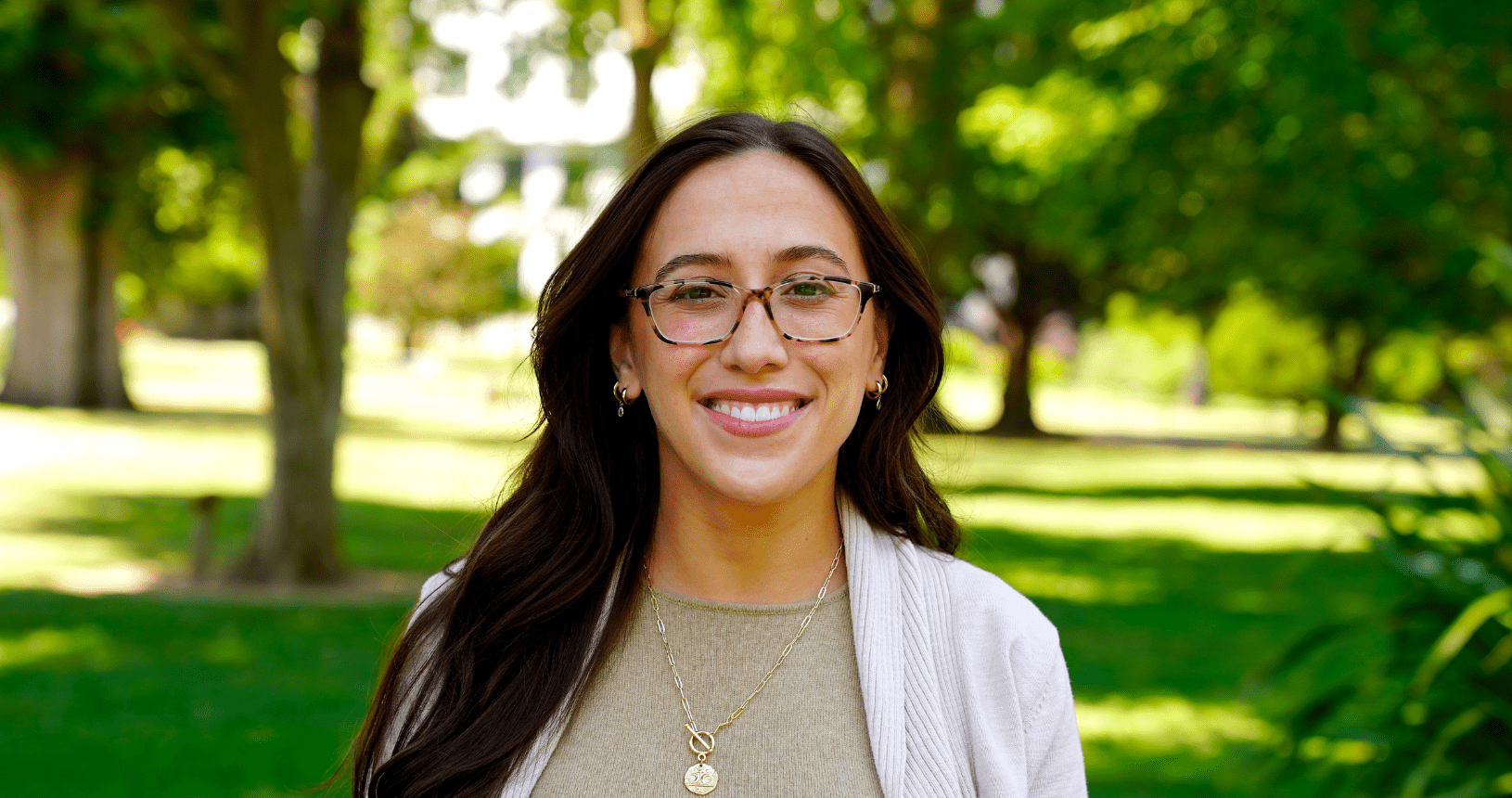
Analise Rivero
CalTrout Associate Director of Policy
Amanda Cooper
CalTrout Staff Attorney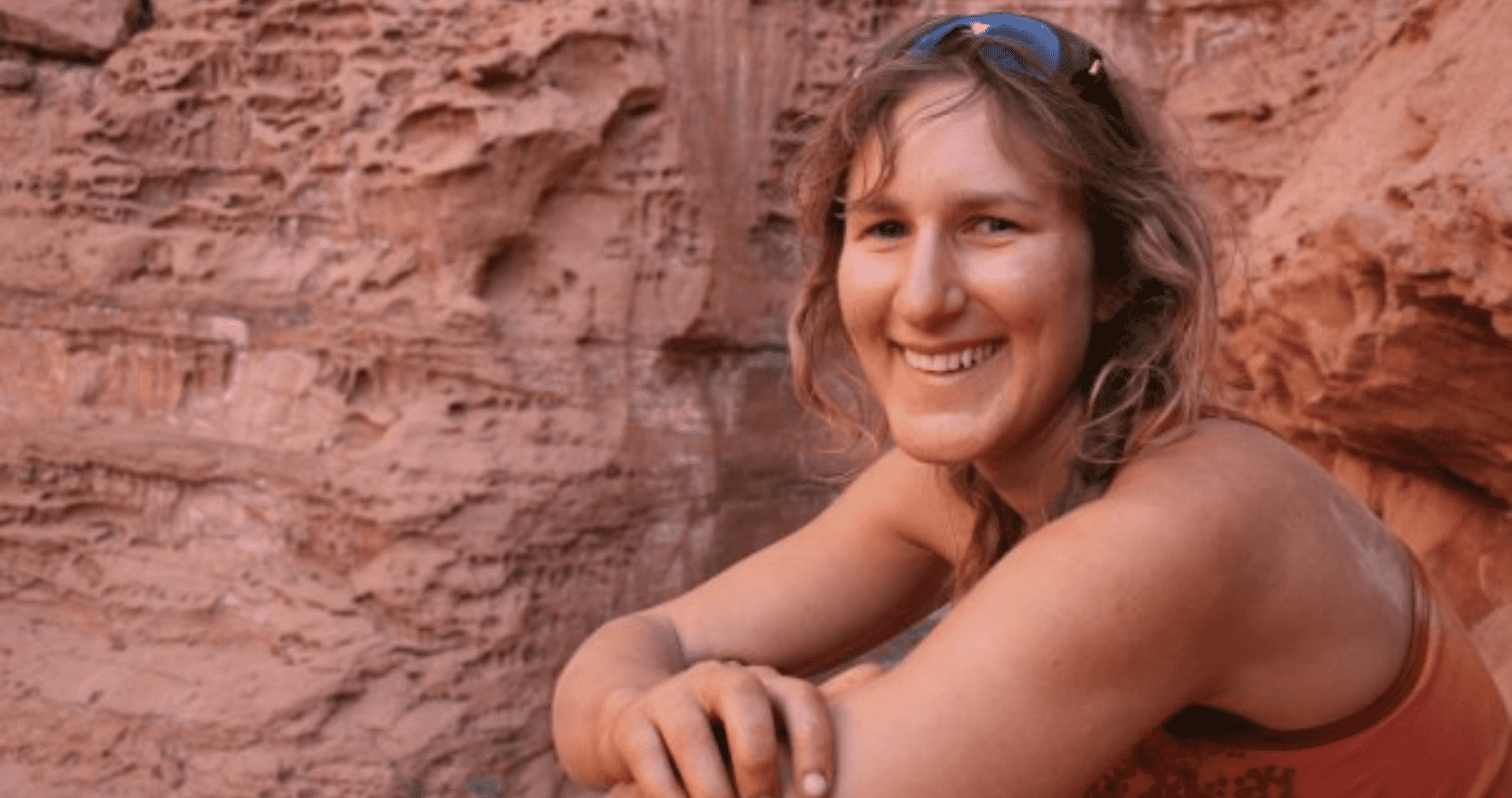
Katy Gurin
CalTrout North Coast Project Manager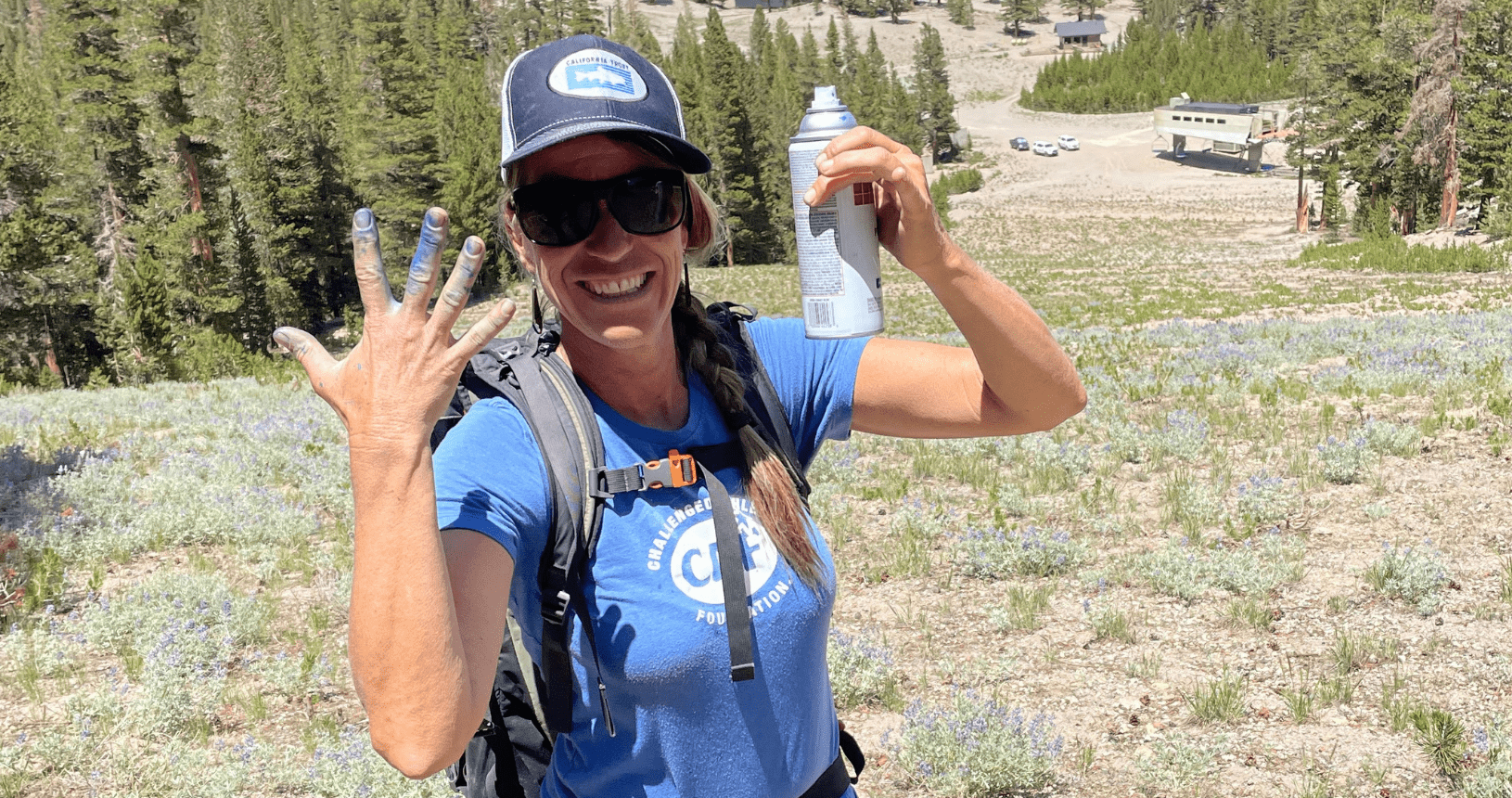
Allison Dodds
CalTrout Sierra Headwaters Project Manager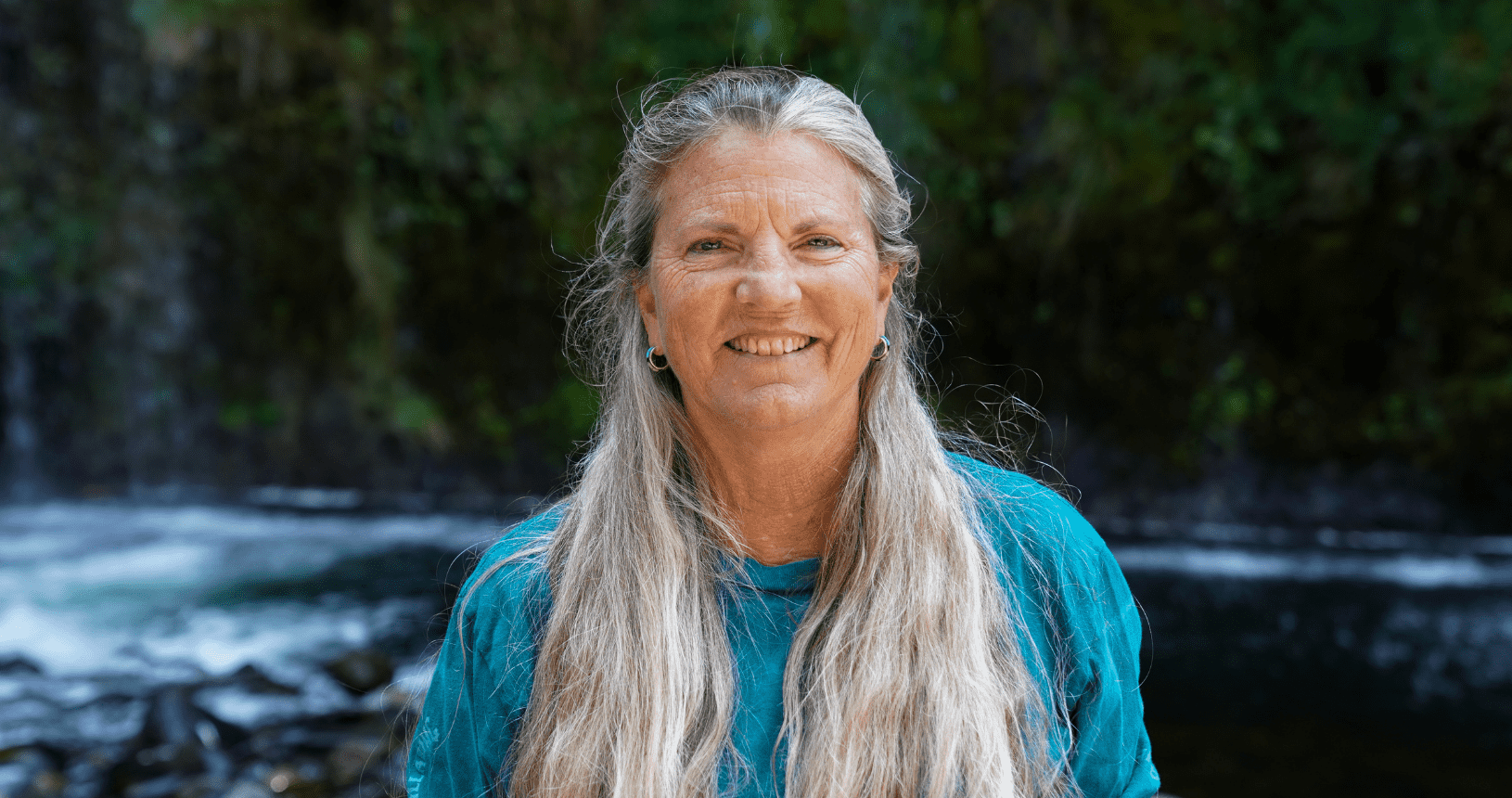
Sandra Jacobson
CalTrout Sierra Headwaters & South Coast Regional Director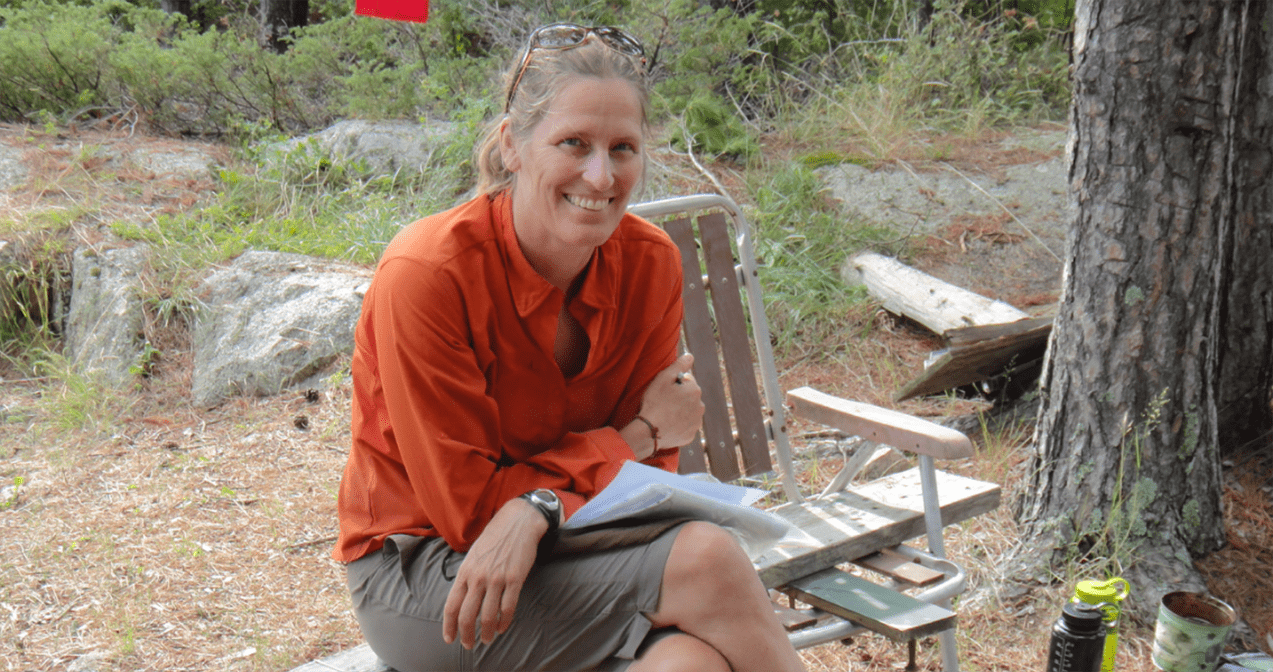
Ada Fowler
CalTrout Mount Shasta-Klamath Senior Project Manager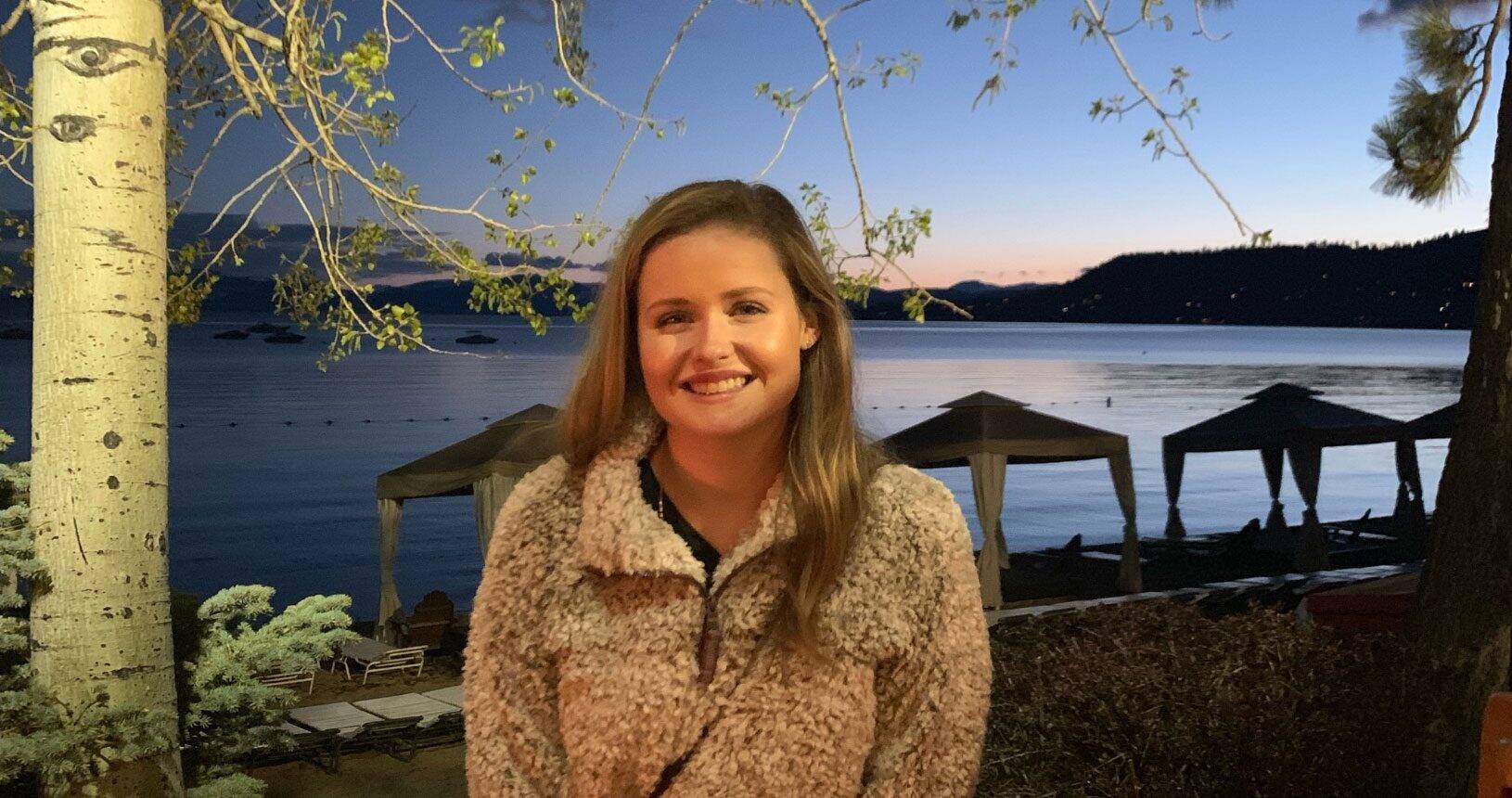
Kam Bezdek
CalTrout Policy Associate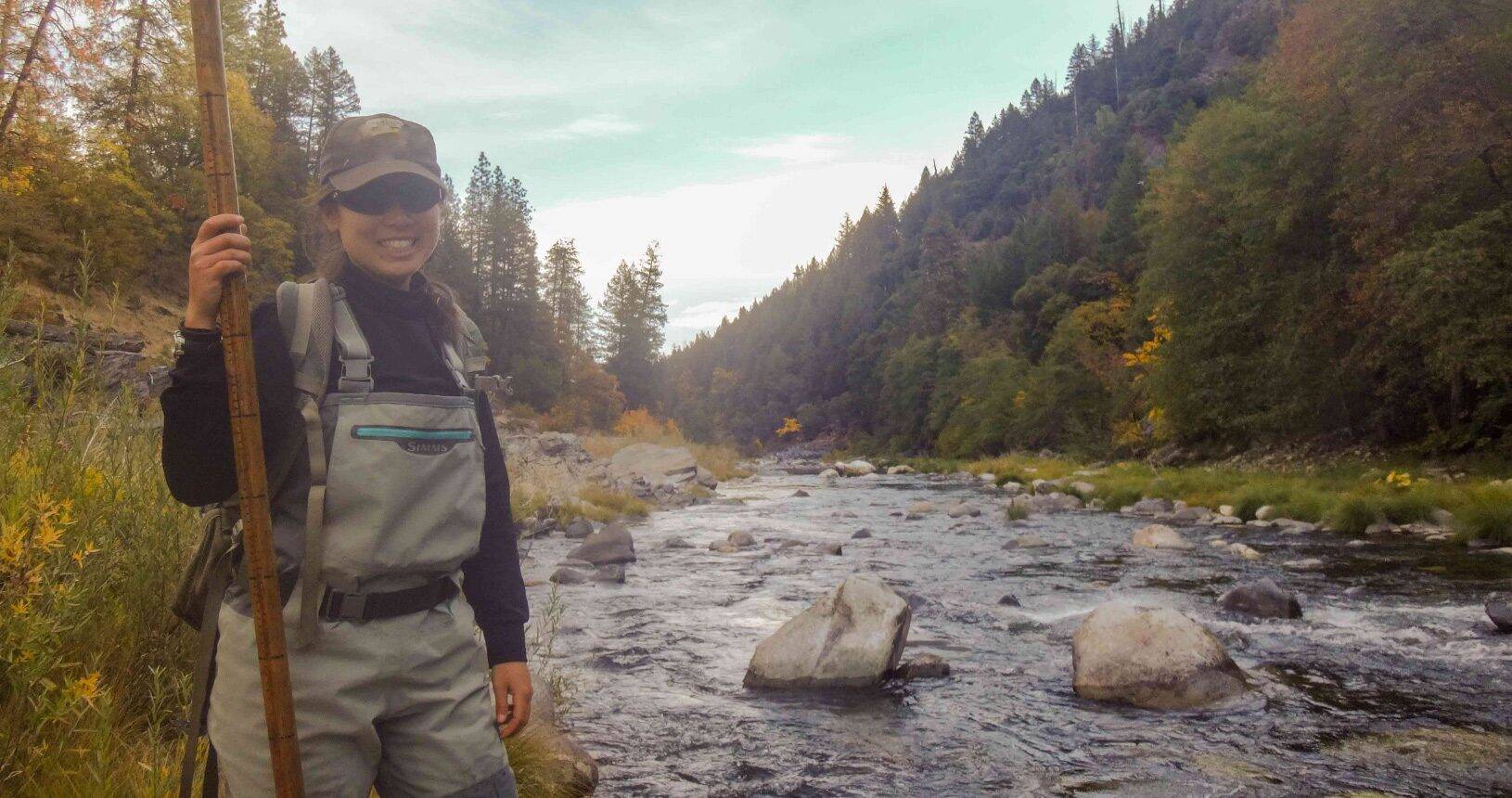
Serena Doose
CalTrout Mt. Shasta-Klamath Project Manager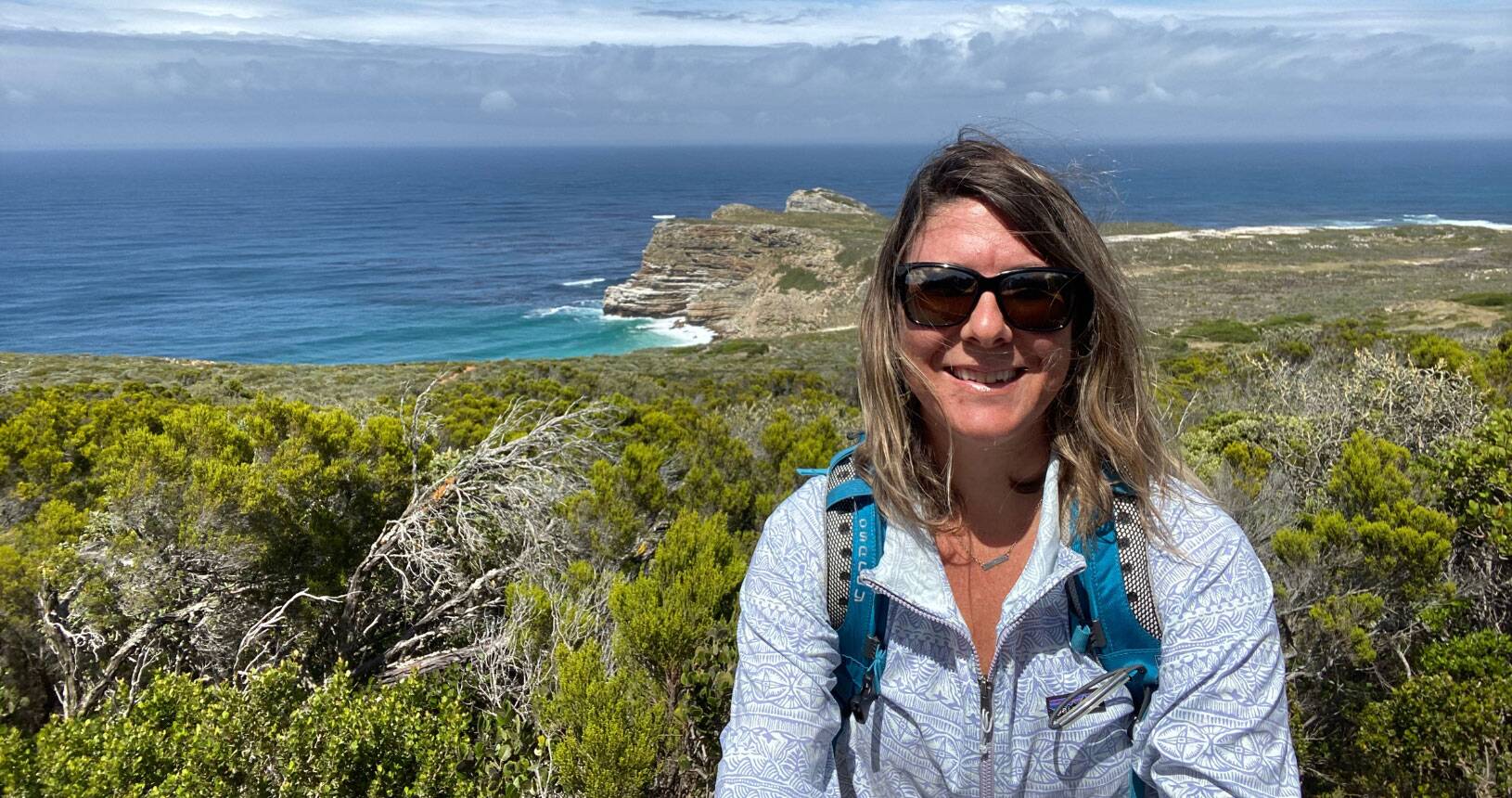
Holly Swan
CalTrout Mt. Lassen Project Manager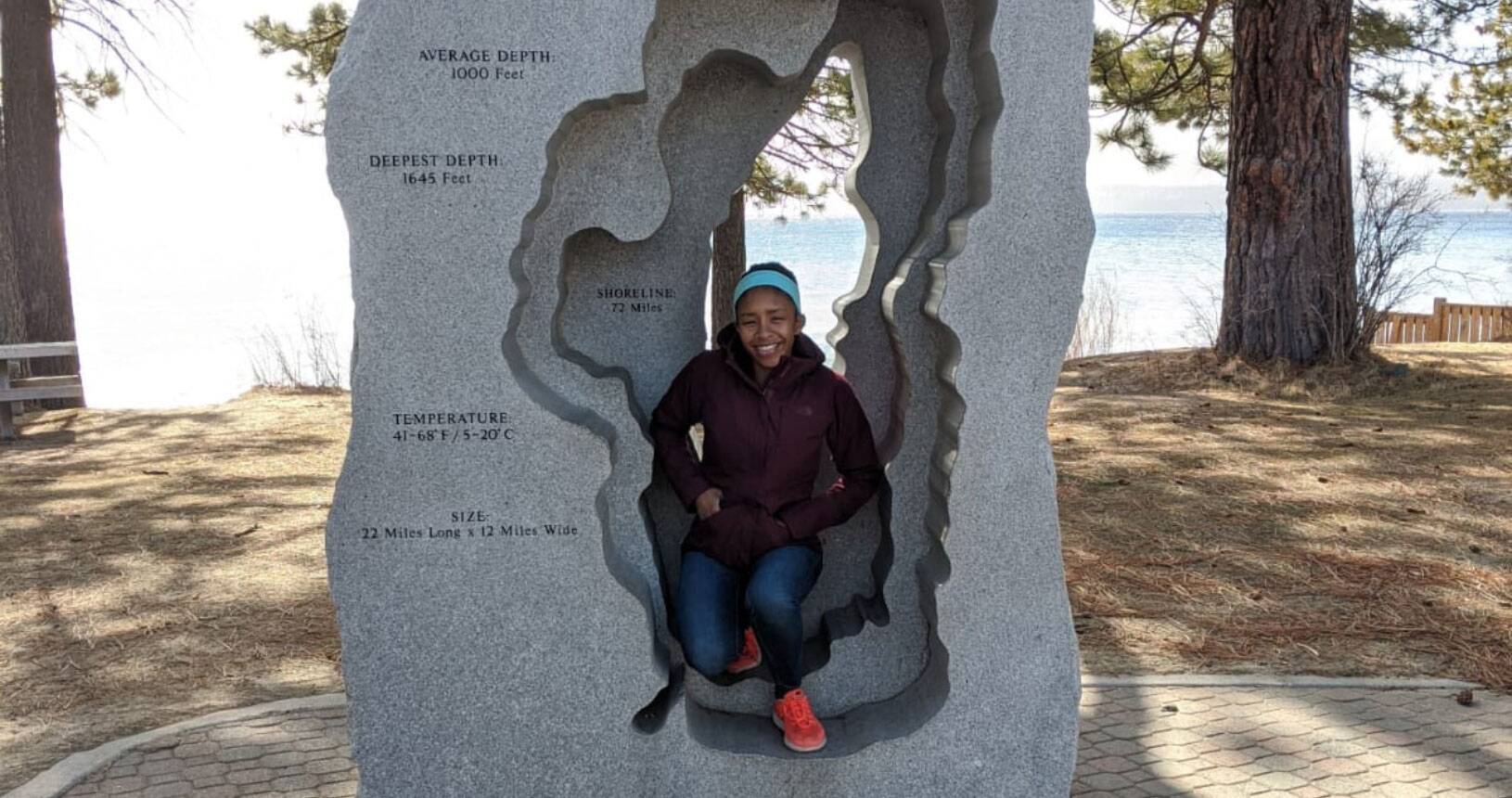
Camyle Allen
CalTrout Conservation Contracts Manager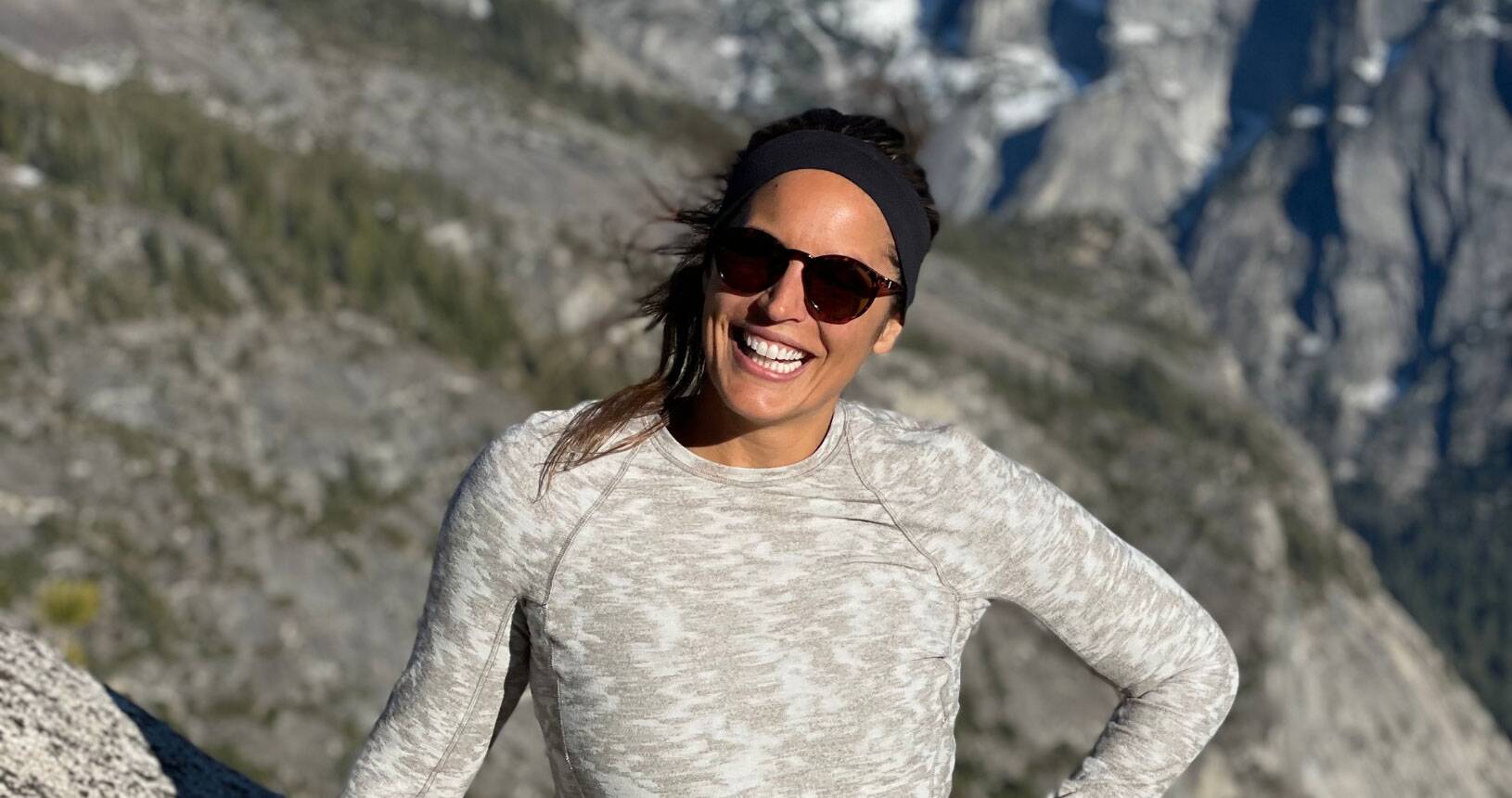
Claire Buchanan
CalTrout Bay Area Senior Project Manager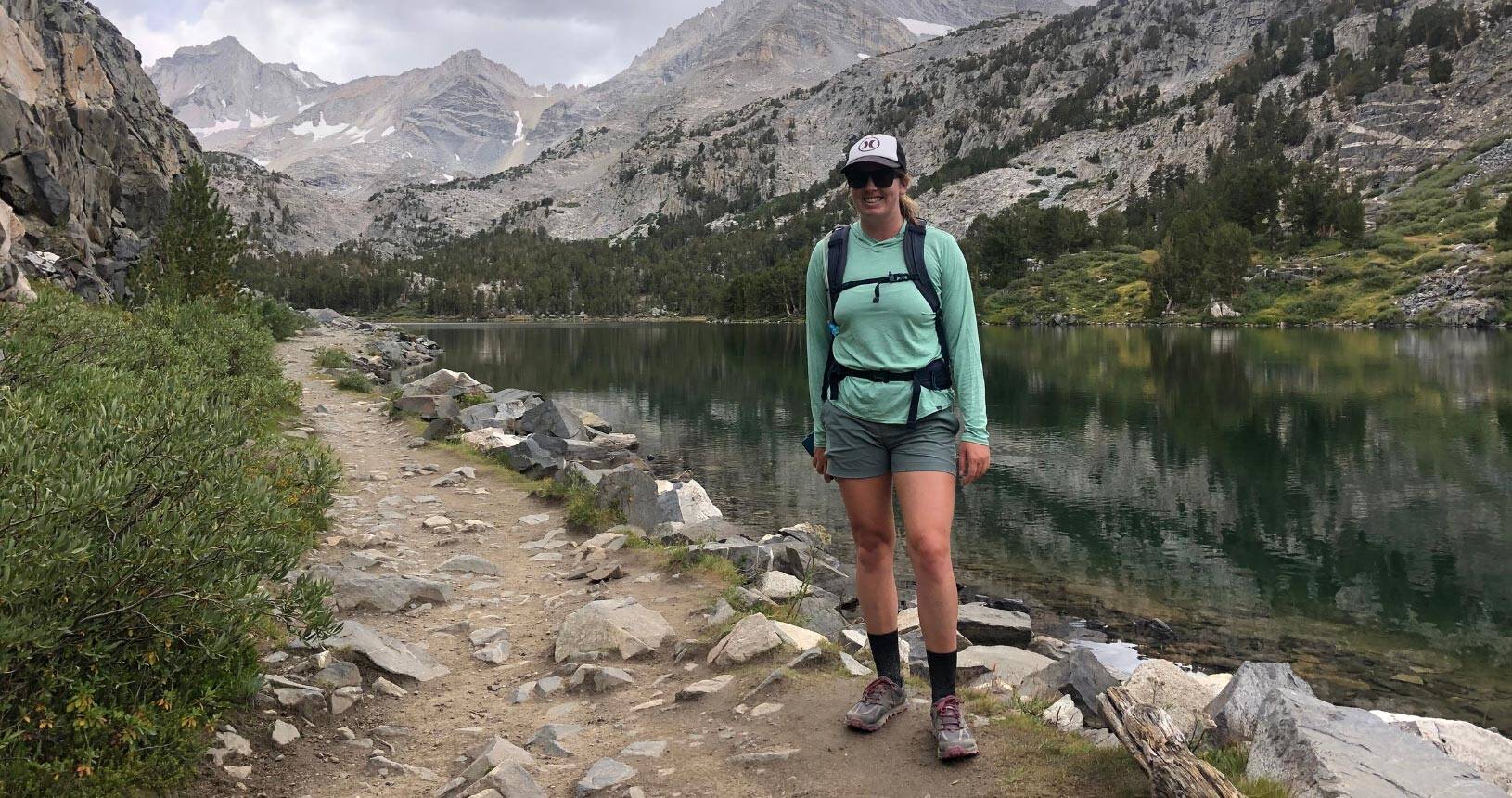
Marrina Nation
CalTrout Sierra Headwaters Project Manager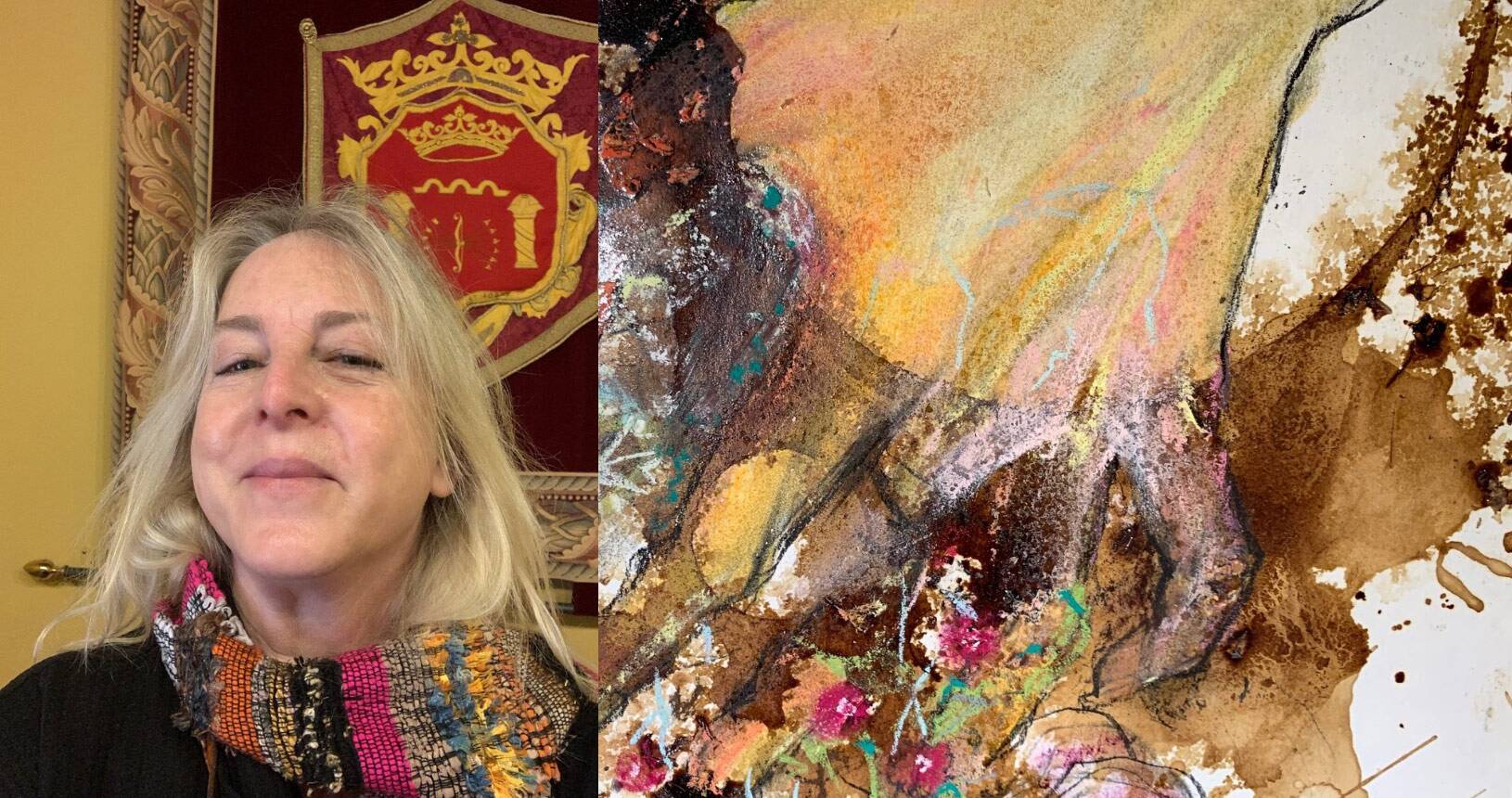
Gaby Roff
CalTrout Director of Institutional Giving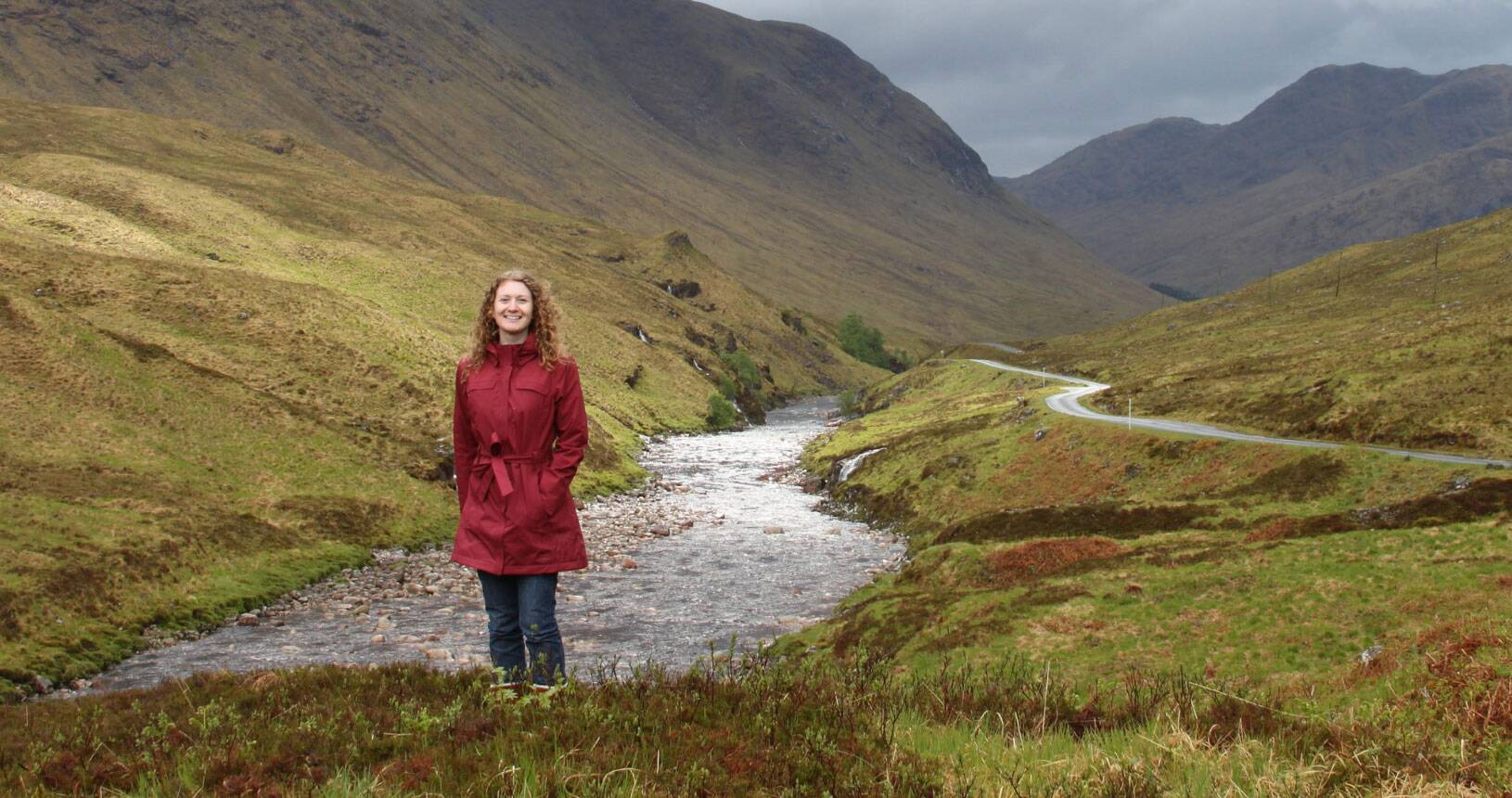
Malinda Baker
CalTrout Grants Associate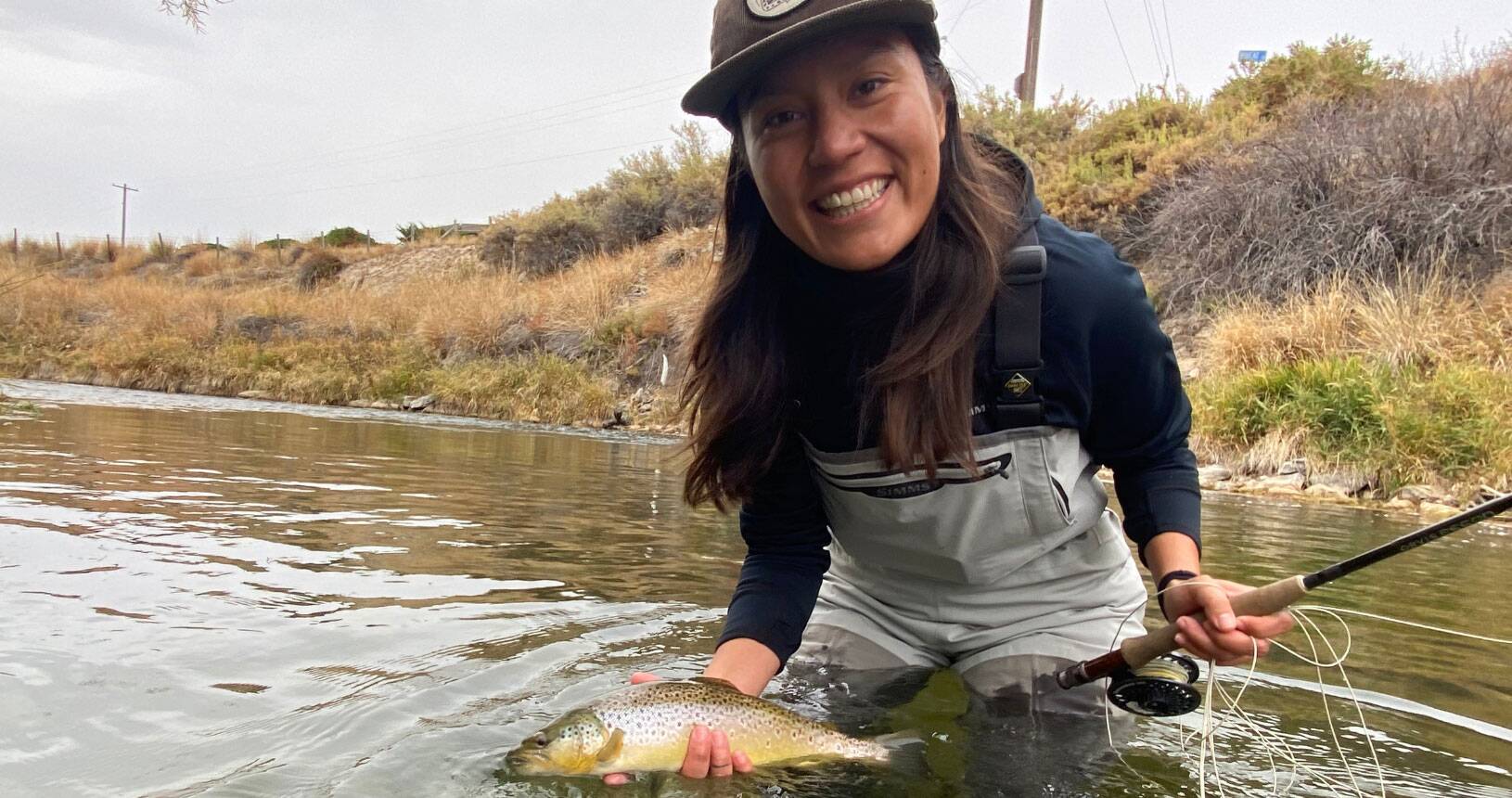
Lazara Ramos
CalTrout Grants Manager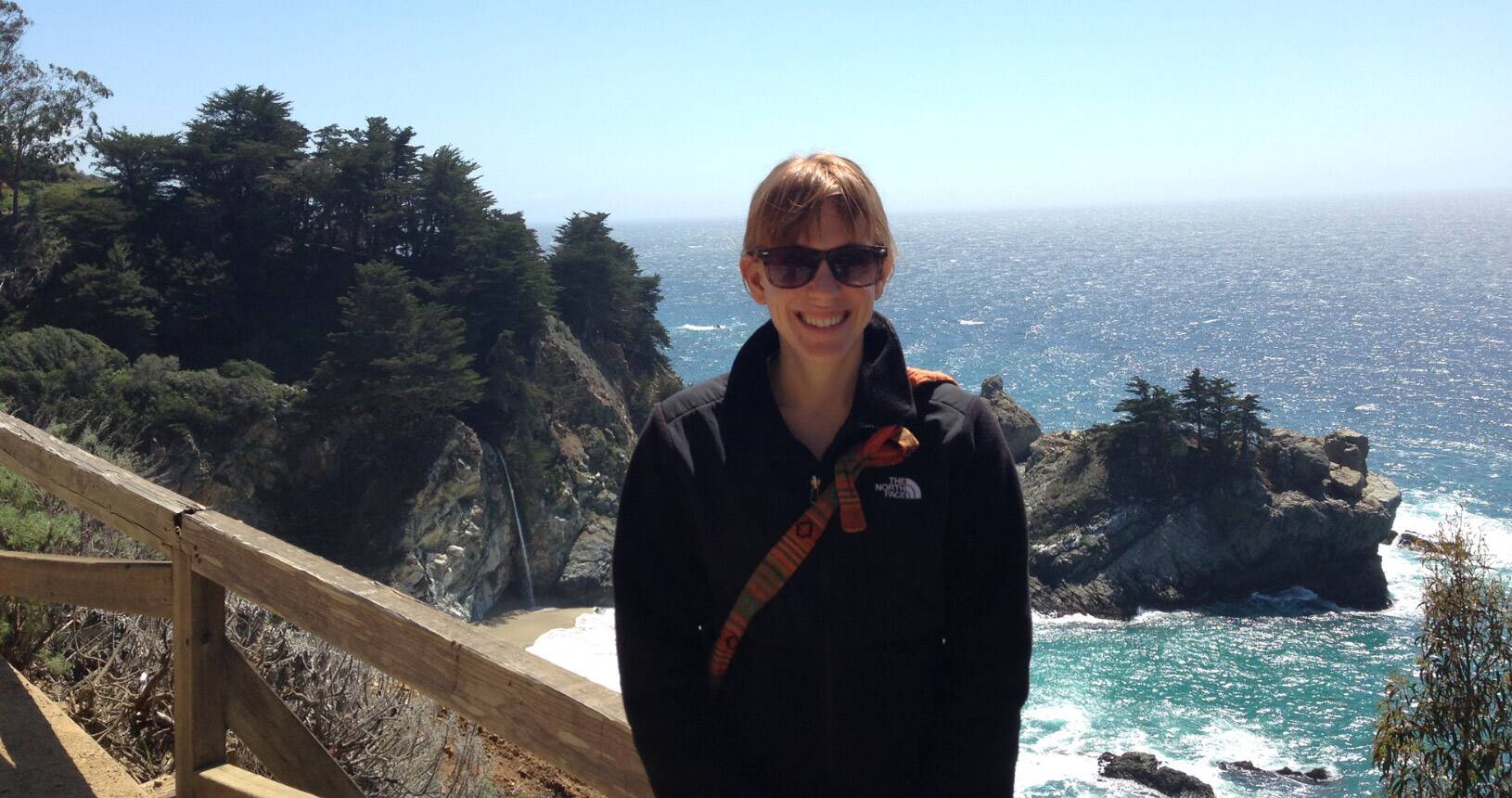
Melissa Racklyeft
CalTrout Senior Grants Manager
Sarah Trenschel
CalTrout Member


